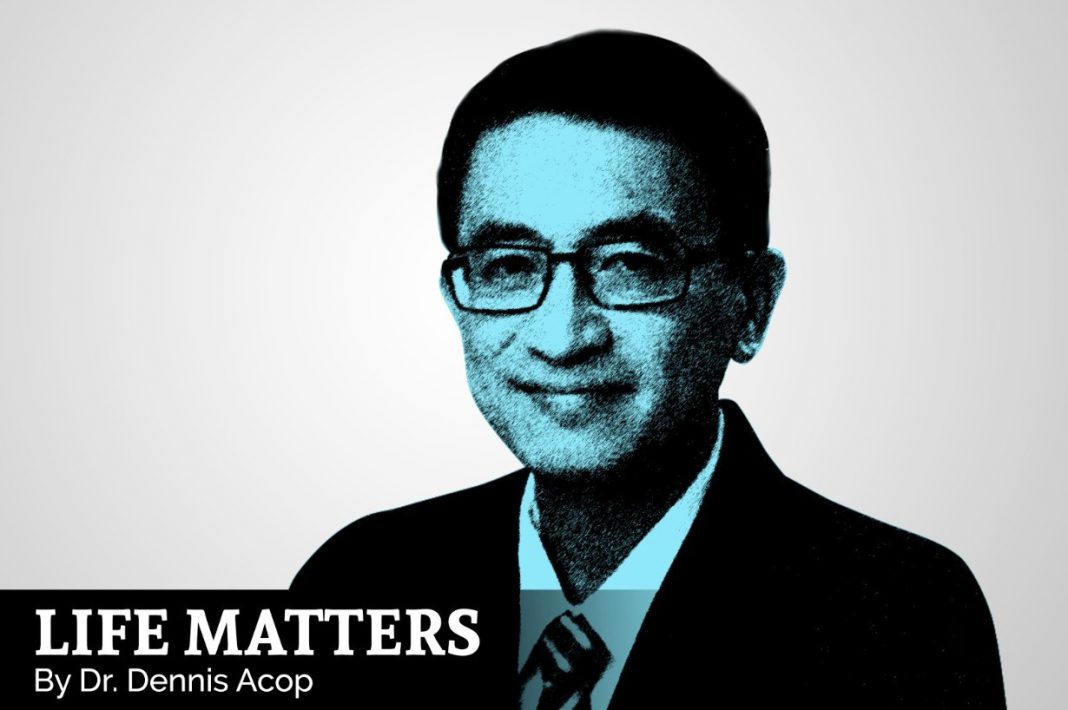By Dr. Dennis Acop
Lack of profound nationhood, nominal Christianity, and an unjust societal structure fomenting social injustice have held back the Philippines and continue to do so. Rapid technology may have complicated matters today but these factors lie at the very foundation of the country’s continued missteps towards becoming a truly egalitarian society proud of its heritage and protective of its future. For starters, the 7,640 islands that accommodate close to 110 million Filipinos in 81 provinces already manifest the lack of harmonious unity which is a given in the geographic reality of an archipelagic nation. The succession of revolutionary wars against foreign invaders that should have united Filipinos instead divided them. Class and ethnic differences proved to be stronger motivations for revolutionary leaders during the insurrections against Spain and the United States in the late 19th century. From such deep-seated divisiveness, national victory was more a dream than reality. Despite lessons of heaven-deserving moral values and democratic ideals learned from its Western colonizers, enough Filipinos still preferred to be traitors to their country in the face of Japanese invasion in World War II. Demanding national freedom, the country was granted its independence by the US in 1946. But the Philippines has failed its test at nationhood on three significant occasions: not standing up to Marcos Sr. during his usurpation of power beyond constitutional limits, the failed EDSA dream, and an erroneous constitutional plurality that has resulted in electing not the best leader in continuum. Today, the daily demonstrated lack of a profound sense of nationhood haunts the Philippines.
The majority of Filipinos are Christians. But if the integrity of belief and practice is any indicator, the greater number of Filipinos are merely nominal Christians. Although the Christian population has dwindled to some 67% today, this number is still huge. Perhaps, it does not matter. As even when the number was much higher, moral values did not significantly deter the incidences of massive corruption (moral and material) during the dictatorship and succeeding administrations. The mainstream theory for a long while had been that a nationhood built on morals and laws resulted in better outcomes for the common good. Democracy became the preferred model of most post-war countries as it empowered this common good safeguarded by checks and balances. It is in fact not a value-free system, as some lobbyists would like to believe, but just the opposite. It is perhaps just as well that the Book of James said that ‘faith without good works is dead’. For what good is faith if it does not save an entire nation? Being the only predominantly Christian nation in Asia, there was certainly much hope in the Philippines and what good moral values can do for national development. Despite the impressive number of Filipino Christians, good governance has much eluded the Philippines. Christianity has helped the Filipino spirit but it has been largely ignored as a main vessel for Filipino nationalism and development.
Finally, an unjust societal structure only unique to the Philippines perpetuates social injustice, political instability, and economic hardship. The ‘masa’ structure is like an informal caste system inherited from feudal times whose impact threaten democratic ideals of egalitarianism for all. Filipino society today is still fundamentally feudal in its structure. It has a servant class performing menial labor in almost every household. But unlike in India, the masa can vote even if theirs are captured or command votes benefiting their masters but not themselves. This situation has perpetuated political dynasties promoting family interests at the expense of the greater national interest. It will not change until the Filipino society becomes egalitarian like any progressive nation. Which means that poverty incidence will likewise be not much different from what it always was. Lack of education from poverty means lack of productive contribution to national development by a significant number of citizens who are poor. This unjust structure literally disadvantages the masa in almost every possible way from quality of life to criminal justice. Why were thousands of poor drug users allowed to be summarily killed in the recent drug war? The local justice system does nothing to safeguard the human rights of the masa. It takes the International Criminal Court of the United Nations system to protect the human rights of disadvantaged locals including those who speak out for them like journalists. Elusive development for such a rich and gifted nation as the Philippines is tragic indeed. Many factors can help explain this unfortunate phenomenon. But the key elements that are the lack of profound nationalism, nominal Christianity, and an unjust societal structure already summarize the dysfunctions.














